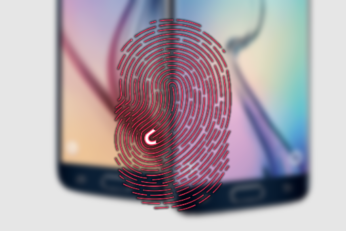Biometric detection is the all the rage within mobile devices at the moment. The inclusion of Touch ID on Apple's iPhone 5s sparked a mass scramble for competing manufacturers to be in a position to roll their own fingerprint solution with their wares. Samsung followed in closely behind Apple with its fingerprint sensors, and it's now something that we almost expect to form part of a device's technical DNA. This type of authentication will inevitably bring with it a whole heap of security related questions and concerns, some of which have been exposed and exploited at the Black Hat Security Conference in Las Vegas.
Apple's iPhone 5s, as is so often the case with new, flagship smartphones launched by the Cupertino company, brought quite a few new and exciting features unprecedented in the mainstream smartphone market, and as well as being the first to include a 64-bit processor, the aluminum-clad handset's 'Touch ID' fingerprint sensor is also the first of its kind. Now The FIDO Alliance, a cluster of almost fifty companies pooling ideas on an eventual successor to the traditional password, reckons that Android devices could soon start to see something similar to Touch ID in as little as six months.


